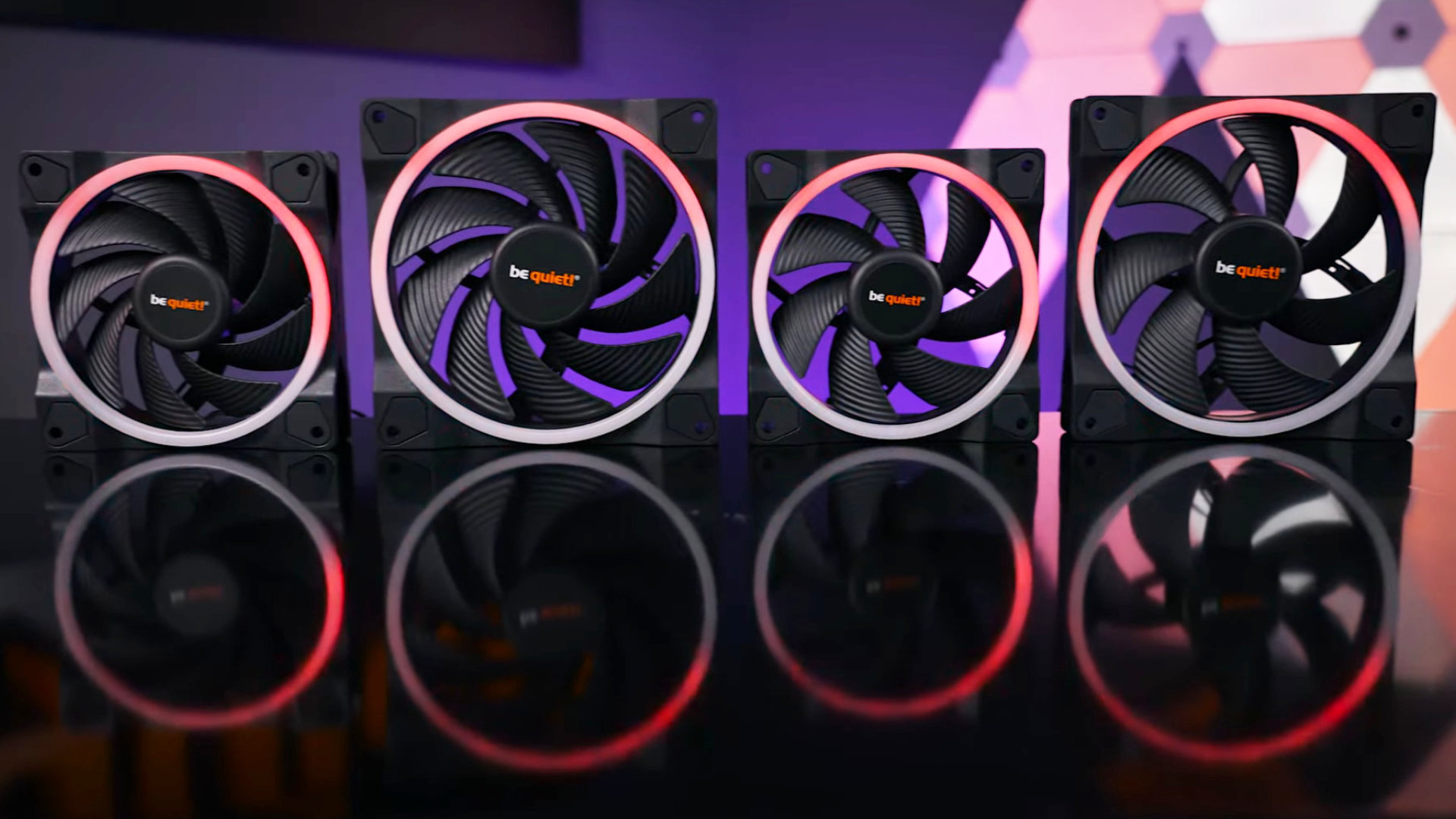In an age when we are surrounded by electronic devices, learning about digital safety has never been more important. In the past two decades, devices like smartphones, smart TVs, e-cars, smart fridges, and even robots have become part of our reality and daily lives. The only problem with this new reality is that all devices with internet connection are vulnerable to unwanted hacking attacks – even the safest devices can be attacked. These attacks range from automated processes to someone actively trying to hack into your devices in real-time.
In this article, we will explore how hackers can exploit your devices to steal your information and how to prevent it.
Increased Dangers Of Hacking
According to current data, the number of devices with internet connectivity is increasing. This also means that the number of so-called “weak points” has also increased dramatically. “Weak point” is a term given to any device that has a low level of digital protection. Meaning that a knowledgeable hacker can exploit it.
What Is Hacking?
Hacking is the name of an activity that focuses on compromising digital devices. The term did not originally entail malintent but, nowadays, it is most commonly in use to describe illegal activities.
How Hackers Attack Your Devices
Smartphones
Smartphones are the most common electronic device in the world and can be attacked in several ways.
You should be wary of sketchy apps that are only downloadable outside the usual app stores. It is also advisable to not click links in emails from unknown senders to avoid phishing attacks that steal your credentials and personal information.
When in crowded places, it is good practice to turn off your Bluetooth and NFC. These are entry points that are useable by hackers and are exploitable to produce more harm.
Nowadays, services such as VPNs and password managers are widely acknowledged as great tools to avoid hacking attacks and safeguard the most sensitive data. VPNs turn any public connection into your private network, which is much harder to attack. Password managers offer secure online storage for your login credentials and autofill them in the browser when needed.
Computers
Since smartphones are miniature versions of personal computers, they share many of the same vulnerabilities. The same dangers we just described with smartphones are also present with computers.
However, it is even easier to get tricked on the computer due to the lack of a centralized app store. Making sure that you are on a brand’s official website before downloading any software is an important habit to have.
Such as for smartphones, the use of VPNs has increased dramatically due to users wanting protection from the many inherent vulnerabilities of daily internet usage.
The market is ripe with numerous VPN providers offering simple, user-friendly solutions for various types of devices. VPN browser extensions for Chrome, Firefox, and other types of browsers are becoming especially popular nowadays.
E-Cars
Despite hacking attacks on electric cars with internet connectivity being rare, they are possible. Hackers can take control of crucial systems such as steering, braking, and throttling, and could even turn your car off. Thankfully, these attacks are hard to execute and sometimes need physical access to the car to be successful.
To protect your car, you should refrain from setting a home address in the car’s GPS. Since this is useable attackers know where you live. Also, you should limit the car’s Wi-Fi connectivity and remote systems to reduce the number of entry points for hackers.
IoT – Internet of Things
Nowadays, many household items have a screen and an active internet connection. The Internet of Things consists of these kinds of devices. Products such as smart fridges and smart home security systems are connected to your network and each other.
One problem with this home-digitalization revolution is that security is not always a priority for the manufacturers. When it comes to internet networks, the rule is that the network’s security is only as good as its weakest link. Your fridge, garbage bin, or even smart home security system could be that weakest link.
When hackers enter your network through one of these devices, they can hop to other devices. Especially if your devices are in a single connection.
To avoid this happening to you, make sure that the brand you are purchasing from makes digital security their main priority.
Saving Your Data From Hackers With Cloud Storage
Cloud storage systems are computing models that store digital information in encrypted servers. These can be accessed through public networks or dedicated private connections.
When you use this type of service you can rest assured that your data will be securely stored in a cloud purposefully built to protect data from attackers. Cloud storage companies do this by employing powerful encryption systems. These systems are awesome in comparison to what you can acquire on your personal computer or smartphone.
Practicing preemptive measures is the best way to ensure the protection of your data and privacy when you use your devices.

























